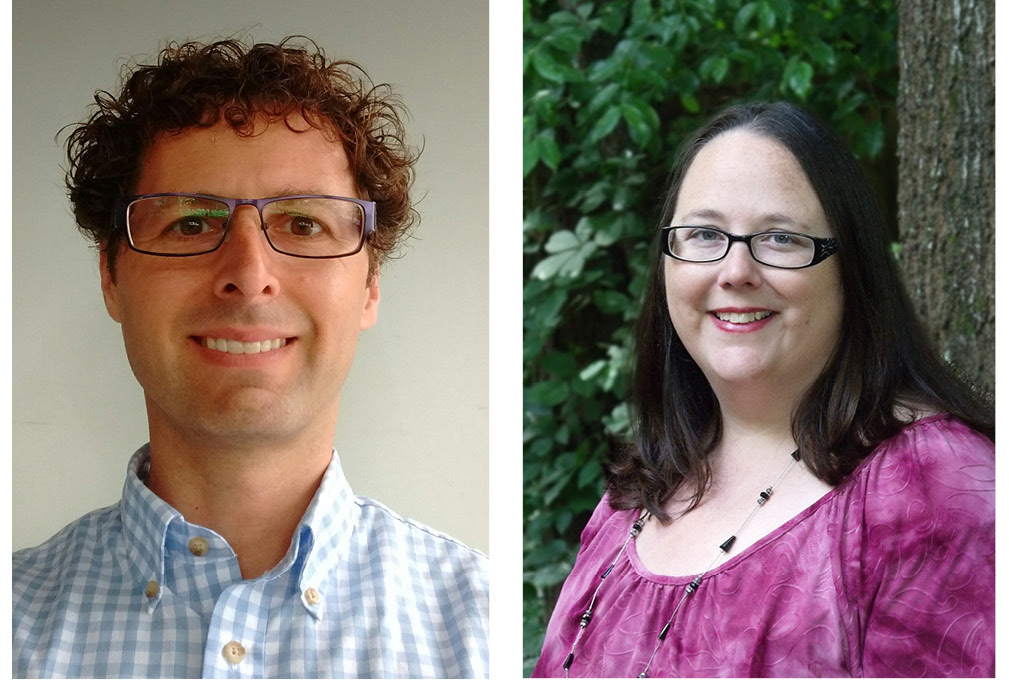Install the app
Install this application on your home screen for quick and easy access when you’re on the go.
Just tap then “Add to Home Screen”
Install this application on your home screen for quick and easy access when you’re on the go.
Just tap then “Add to Home Screen”
Install this application on your home screen for quick and easy access when you’re on the go.
Just tap then “Add to Home Screen”
 We’re delighted to announce that the article Using dating as an analogy to teach IR theory by Christopher L. Pallas and Charity Butcher has been awarded the 2017 EPS prize.
We’re delighted to announce that the article Using dating as an analogy to teach IR theory by Christopher L. Pallas and Charity Butcher has been awarded the 2017 EPS prize.
Christopher and Charity had noticed how instructors often struggled to teach complex IR theories to their students.
With this in mind, they devised a dating-scenario analogy, challenging students to explain and theorise a fictional couple’s behaviour in a way that could be transferred to an IR analysis of state behaviour.
To begin with, students are invited to speculate why ‘Matt and Mindy’ ended their relationship. They then work in small groups to suggest various causes for the breakup, and write their answers on a whiteboard in unlabelled categories.
Each group is then challenged to defend their answers, which they often do by postulating ideas about human nature or social interaction. These ideas are assigned by the instructor to one of four IR theory categories – realism, liberalism, neo-Marxism and constructivism – linking the students’ ideas about human nature with the assumptions of each theory.
In working through the exercise, students gain an intuitive understanding of core international relations theories that facilitates their subsequent learning.
 Read the full article here FREE for the next 12 months
Read the full article here FREE for the next 12 monthsAfter reaching their decision, the judging panel commented,
'This is an innovative and novel way to encourage political science students to think about and engage with IR theory. We liked the presentation of the method in a 'recipe-style', so that people can actually apply it, and the discussion is still fulfilling high standards; and the experience of dating is (somewhat) universal, so that students from different gendered, social and ethnic backgrounds can relate to it'.
Learning of their win, Christopher and Charity told us:
‘We are delighted to have been awarded the prize of best article published in volume 16 of European Political Science. We appreciate EPS’s commitment to advancing the profession by promoting the scholarship of teaching and learning and we are honored that judges selected our work in this area for recognition.’
Christopher L. Pallas, PhD (LSE) is Associate Professor of Conflict Management at Kennesaw State University. He holds a dual appointment in the School of Conflict Management, Peacebuilding and Development and the School of Government and International Affairs. Prior to entering academia, he worked as a campus minister for InterVarsity Christian Fellowship, a faith-based nonprofit, and served as a US Peace Corps volunteer, promoting microfinance in Togo, West Africa. His research focuses on civil society, global governance, and stakeholder representation in development policymaking. His publications include the monograph Transnational Civil Society and the World Bank (Palgrave 2013) and articles in Review of International Organizations, Global Governance, Development Policy Review, Nonprofit and Voluntary Studies Quarterly, and other journals.
Charity Butcher, PhD (Indiana University) is an Associate Professor of Political Science and is affiliated with the School of Conflict Management, Peacebuilding and Development at Kennesaw State University. She is currently an editor for the Journal of Peacebuilding and Development and teaches undergraduate and graduate courses on a variety of international relations topics. She conducts research on active learning within the college classroom and utilizes many active learning techniques, including simulations, in her courses. Her international relations research focuses on a variety of topics, including the role of ethnicity and religion in international conflict, interventions into civil wars, terrorism, international conflict, and civil society.
Keywords: International Relations, Political Theory